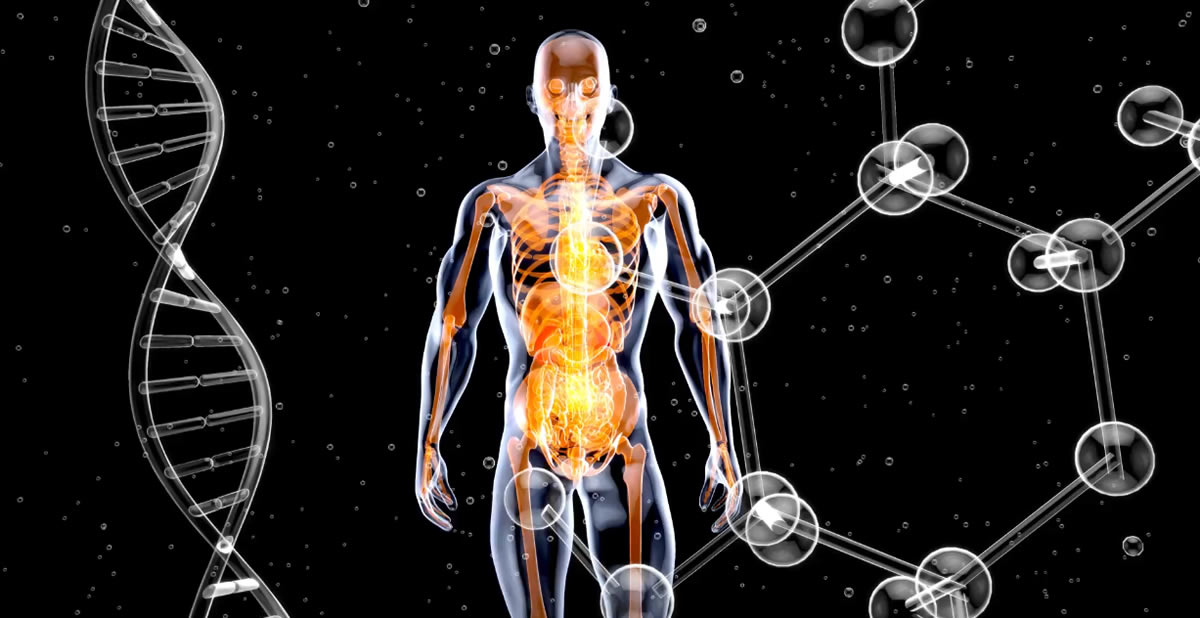The Profound Connection Between Gut Health and the Brain
The gut and the brain are intimately connected - in fact, the gut is often referred to as the "second brain." This may sound far-fetched, but there is strong scientific evidence to back it up. Let's dive into the fascinating relationship between our gastrointestinal system and our noggin.
Our Gut Contains Over 100 Million Neurons
That's right - there are over 100 million neurons lining the entire gastrointestinal tract. That's more neurons than are found in either the spinal cord or peripheral nervous system! These neurons are part of the enteric nervous system, which governs gastrointestinal functions. The enteric nervous system is able to operate independently from the central nervous system in the brain, but the two systems communicate back and forth constantly.

This direct connection between the gut and the brain is called the gut-brain axis. The vagus nerve is a major channel of communication, forming a superhighway between the two. Information flows in both directions along this axis.
Gut Microbes Produce Neurotransmitters
The gut is filled with trillions of microorganisms, collectively known as the gut microbiome. Research has shown that many species within the gut microbiome can produce neurotransmitters and other neurochemicals that influence brain function.
Some examples are serotonin, dopamine, and gamma-aminobutyric acid (GABA). These chemicals relay signals between neurons and play major roles in regulating our mood, emotions, cognition, and perception. The gut microbiome has even been found to impact stress response, anxiety, depression, and autism spectrum disorders.
So in many ways, our gut microbes act as a neurochemical factory that communicates directly with the brain via the gut-brain axis. As they say, you are what you eat - because diet influences gut microbes!
An Imbalanced Gut Microbiome Impacts the Brain
An imbalance in the gut microbiome is associated with several neurological conditions, including anxiety, depression, autism spectrum disorder, Parkinson's disease, and Alzheimer's disease.
For example, one study found that people with major depressive disorder have different gut microbiome composition compared to healthy controls. Another study in patients with Parkinson's disease showed a strong correlation between changes in gut microbial populations and worsening motor symptoms.
Restoring a healthy gut microbiome through diet, probiotic supplements, and prebiotics may alleviate some of the neurological dysfunction seen in these disorders. More clinical trials are underway, but the evidence so far points to a strong influence of the gut environment on brain health.
Stress Also Alters Gut Microbiome Composition
The communication between the gut and brain is a two-way street. Just as an imbalanced gut microbiome may affect mood and cognition, psychological stress also impacts the composition and function of gut microbes.
Studies show that in response to stress, populations of beneficial microbes like Lactobacillus decline while inflammatory microbes linked to "leaky gut" increase. This interaction between stress and the gut microbiome is believed to play an important role in stress-related psychiatric conditions like anxiety and depression.
Managing psychological stress through meditation, exercise, social connection, and other psychotherapies can help maintain a healthy gut microbial balance. Taking daily probiotic supplements is another science-backed way to support the gut-brain connection during times of stress.
A Healthy Gut for a Healthy Brain
The gut-brain axis is truly fascinating, and scientists are only beginning to unravel its complexity. What we know for sure is that gut health has a profound impact on mental health and brain function. Supporting our good gut bacteria through diet, stress management, and probiotics is an important part of maintaining overall health and wellbeing.
The microbes in our bellies are calling the shots more than we realize. So be nice to your gut - your brain will thank you!
